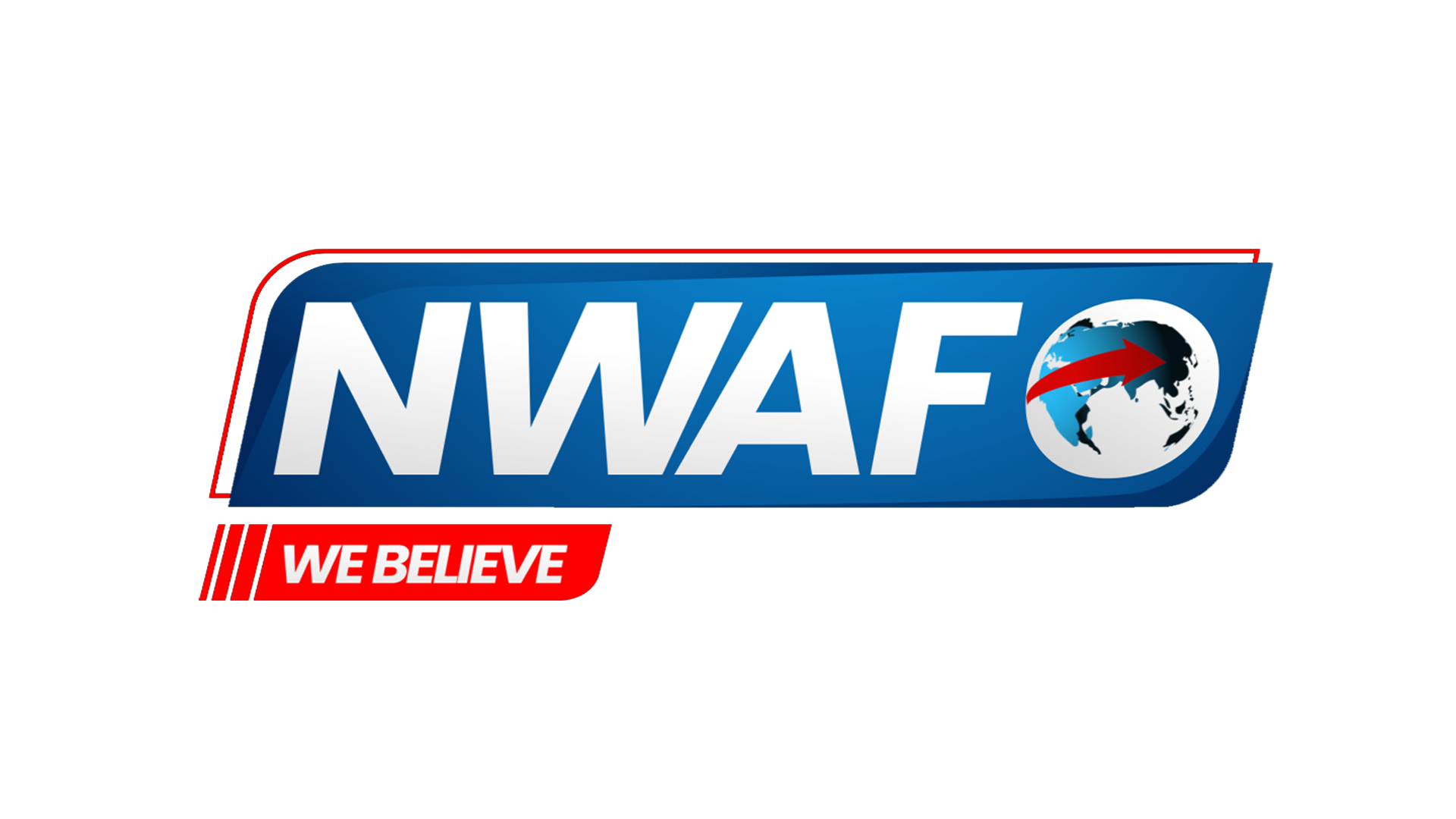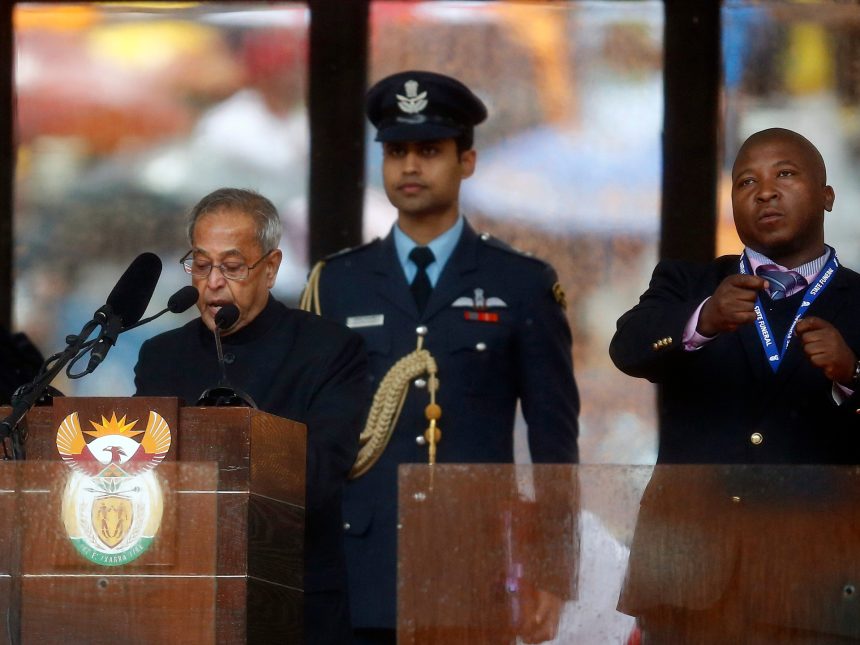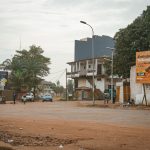[ad_1]
On May 4, 2023, South Africa’s parliament voted for an amendment to the constitution that added sign language as an official language. It was a historic moment, three decades of struggle in the making.
It was a struggle against the capitalistic approach to society that dominates South Africa, three decades after the end of apartheid.
Ever since the country’s embrace of democracy, numerous social movements and activists have protested against the systematic exclusion of people with hearing disabilities from society, and have lobbied, litigated and raised awareness to bring change.
This campaign picked up even more steam after a high school student took the government to court in 2009 demanding that sign language be recognised and provided for the subjects he was pursuing for his matriculation. The court ruled in the student’s favour, adding momentum to the activism for sign language to be made an official language, constitutionally.
To be sure, the South African Schools Act had recognised sign language since 1996. But the absence of a constitutional requirement gave education officials options to either provide the service or disregard it depending on their budgets and priorities. There was no absolute legal obligation to ensure access to sign language services.
As a result, the South African government continued to treat sign language as a secondary matter that was placed in its welfare programmes — which in turn have faced repeated cuts in favour of initiatives that are market-orientated.
Welfare services such as pension benefits to military veterans, early childhood development facilities, disability-friendly infrastructure development and psychiatric healthcare services for mentally ill patients have all been defunded in recent years. In 2016, Guateng Province, for instance, outsourced public healthcare for psychiatric patients to privately-owned NGOs that had no capacity to care for the patients. The Life Esidimeni tragedy, as it is widely known, led to the death of 144 mental health patients.
The apathy towards those with hearing disabilities has also embarrassed the nation before the world. At the memorial service for Nelson Mandela in Johannesburg on December 10, 2013, the then United States President Barack Obama delivered a televised tribute to Madiba. Standing next to him was a fake sign language interpreter — a brutal and a frightening example of how the South African government’s lack of interest in investing in sign language as a human right.
Still, neither the death of innocent citizens nor global shame made the government move with any urgency on sign language. The main reason: the capitalist social relations embedded in South African society. Capitalism recognises people as human beings only when they can help in the generation of profits — through productive labour and through the consumption of commodities.
That is why the poor, the unemployed, the elderly, children, those living with disabilities and the mentally ill are dehumanised by the economic model that South Africa — like much of the world — follows.
This logic of capitalism is entrenched in government policy and it is behind the gross defunding of all welfare services associated with vulnerable groups. This is precisely why many scholars refer to the South African government as a neoliberal institution.
The government has taken the decision to adopt sign language as a national language only under sustained public pressure.
This is an anti-capitalist victory. Such wins recognise and prioritise people who are disregarded by capitalism. They honour human rights, transformation and true democratisation. They celebrate social justice.
This is true for South Africa. It is equally true for every other nation in the world. The untiring campaigns by the deaf advocacy community and other progressive formations across the world are finally yielding results. In December 2017, the United Nations declared September 23 as the International Day of Sign Languages, after Antigua and Barbuda brought a resolution supported by 97 member states.
The UN resolution came amid mounting pressure on policymakers from the World Federation of the Deaf, which consists of 135 national associations of deaf people that represent approximately 70 million people around the world.
The worldwide spirit for anti-capitalism and human rights is finally being realised.
The recent decision by the South African Parliament must be welcomed by the progressive movement of the left. But this moment is also one that merits caution.
Market-orientated governments have a tendency to make symbolic declarations to increase their human rights scorecards but they later go back to defunding and downsizing the services required to fulfil those rights in daily life.
Sign language activists need to be more engaged than ever before at this point and be vigilant to ensure that the government provides the necessary infrastructure, funding and services required to support the legal amendment.
This begins by demanding that the language be immediately mainstreamed in the school curriculum. Public sector officials and professionals who interact with people who use sign language – psychologists, nurses, teachers, doctors, administrators, politicians, hospitality services and entrepreneurs amongst others — must be trained on priority.
It has taken nearly three decades for South Africa to get to this point. The wait must end now.
The views expressed in this article are the author’s own and do not necessarily reflect Al Jazeera’s editorial stance.
[ad_2]
Source link












